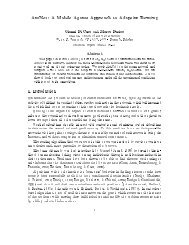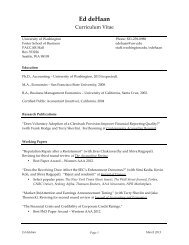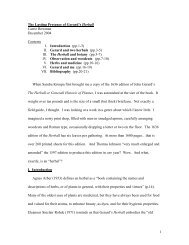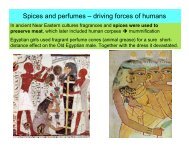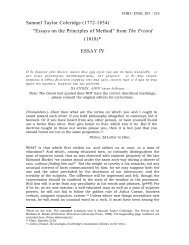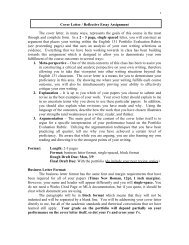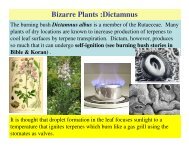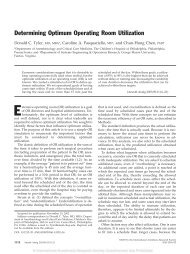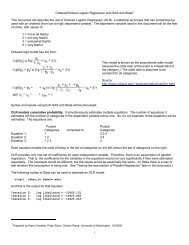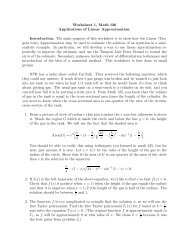Plants with toxic alkaloids - University of Washington
Plants with toxic alkaloids - University of Washington
Plants with toxic alkaloids - University of Washington
Create successful ePaper yourself
Turn your PDF publications into a flip-book with our unique Google optimized e-Paper software.
Unusual Poisons<br />
The slobber weed: Pilocarpus pennatifolius stimulates the<br />
salivary glands much more than the betel nut Areca catechu<br />
(the nut causing red saliva that stains the street <strong>of</strong> Asia). Here<br />
the secretion becomes so powerful that it interferes <strong>with</strong><br />
speech (ideal for political opponents!). Unfortunately, the<br />
drooling (up to 2 pints) is followed by nausea & dizziness.<br />
Drooling is also caused by the pencil tree extract. Pilocarpine<br />
(an alkaloid used for glaucoma) is used to treat dry mouth &<br />
also to stimulate sweat glands.<br />
Pilocarpus: approx13<br />
species in the Rutaceae,<br />
from the tropics <strong>of</strong> S Amer.<br />
The Suicide Tree: Cerbera odollam is a relative <strong>of</strong><br />
Madagascan arrow poison tree Cerbera tanghin ( nuts that<br />
are used in trials by ordeal). The tree grows at the SW coast<br />
<strong>of</strong> India and has white jasmine-scented flowers. The nuts<br />
look like green mangos & the white meat inside is full <strong>of</strong><br />
cardiac glycosides that stop the heart <strong>of</strong> a human <strong>with</strong>in 4<br />
hours. Widows & other religiously inclined people use these<br />
nuts (mashed nut meat <strong>with</strong> brown sugar) as their last meal.<br />
Also used to poison people since it has no bad taste & a<br />
delayed action.



